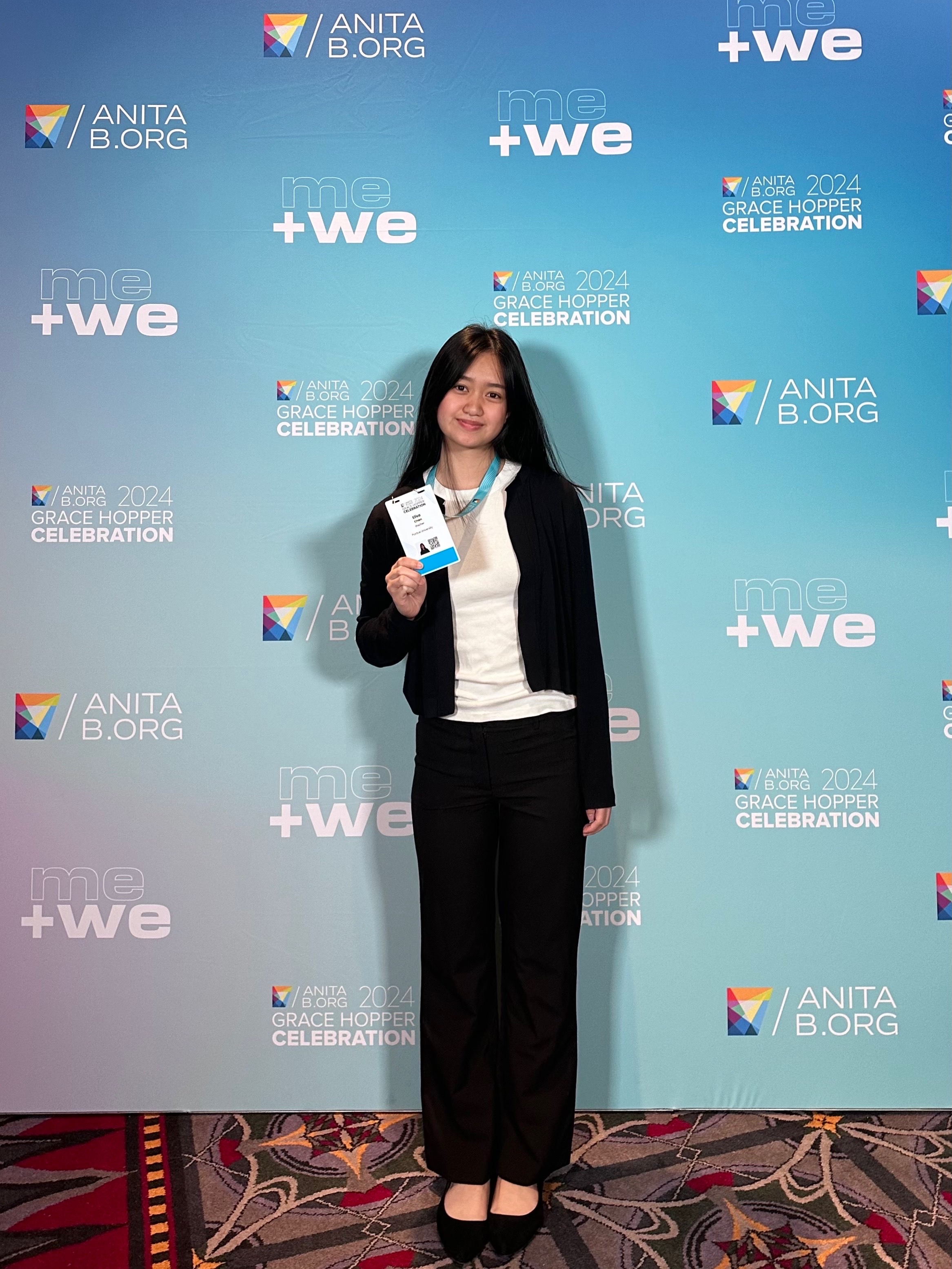Science Highlights
-
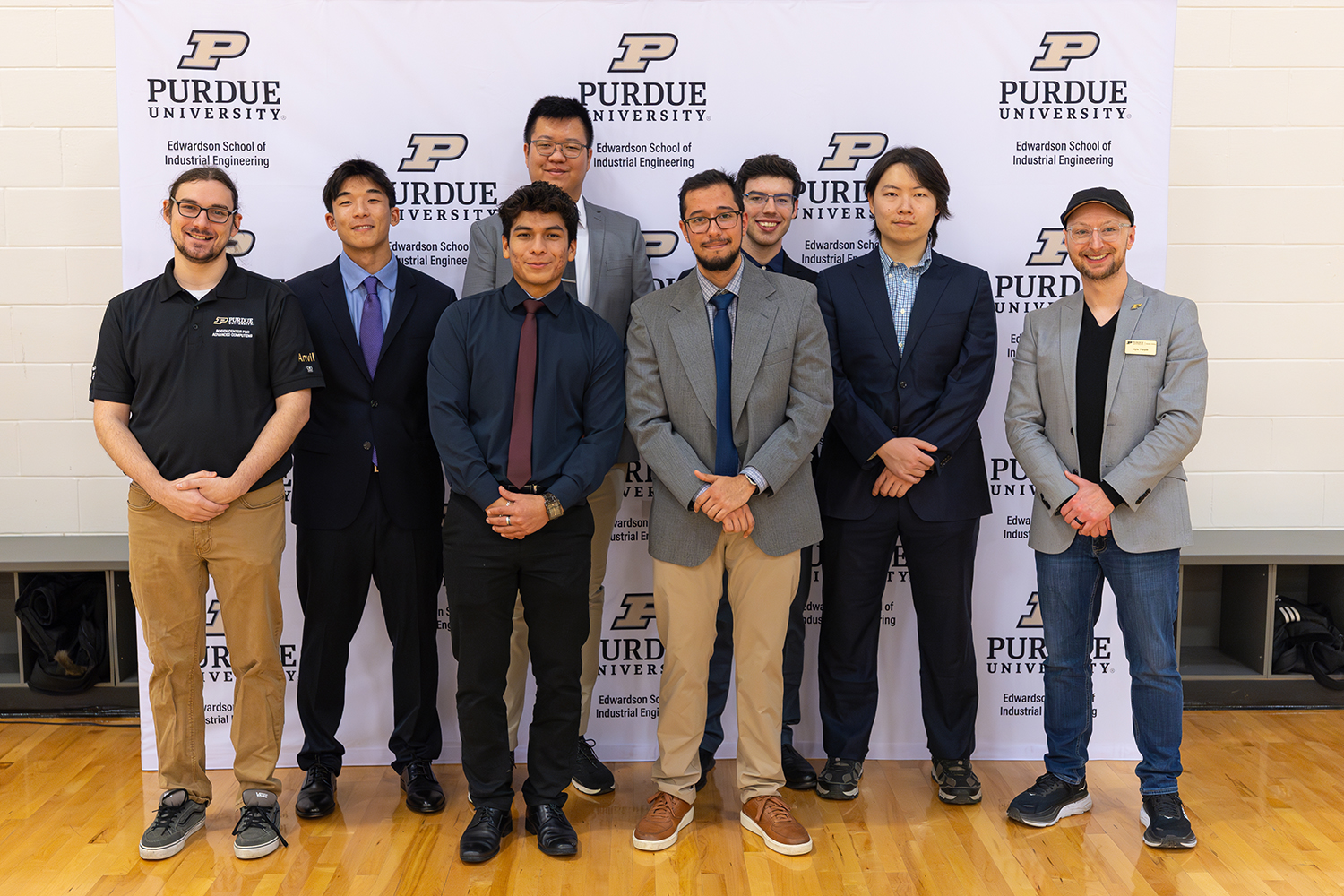
Industrial Engineering students present their RCAC Capstone Project
Six students from the Edwardson School of Industrial Engineering recently completed their senior capstone project, which focused on helping to predict and reduce downtimes for RCAC’s computing systems. The group worked toward creating a predictive-ma...
-
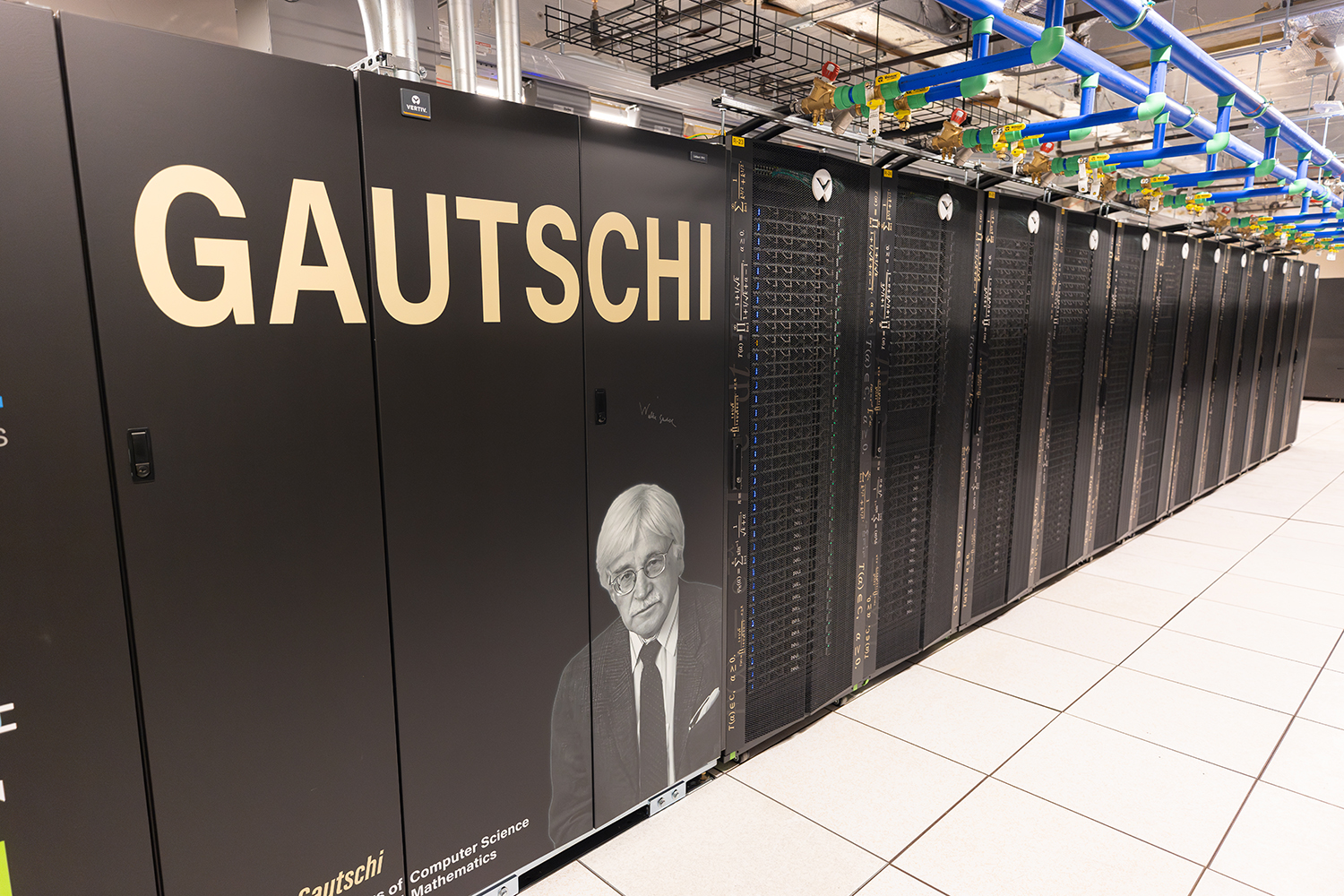
Gautschi-AI available for Purdue researchers
The highly anticipated Gautschi-AI system is now online and ready for use at Purdue University. This expansion of the new Gautschi supercomputer is designed to enhance artificial intelligence (AI) workflows and enable Purdue to lead the charge in AI...
-
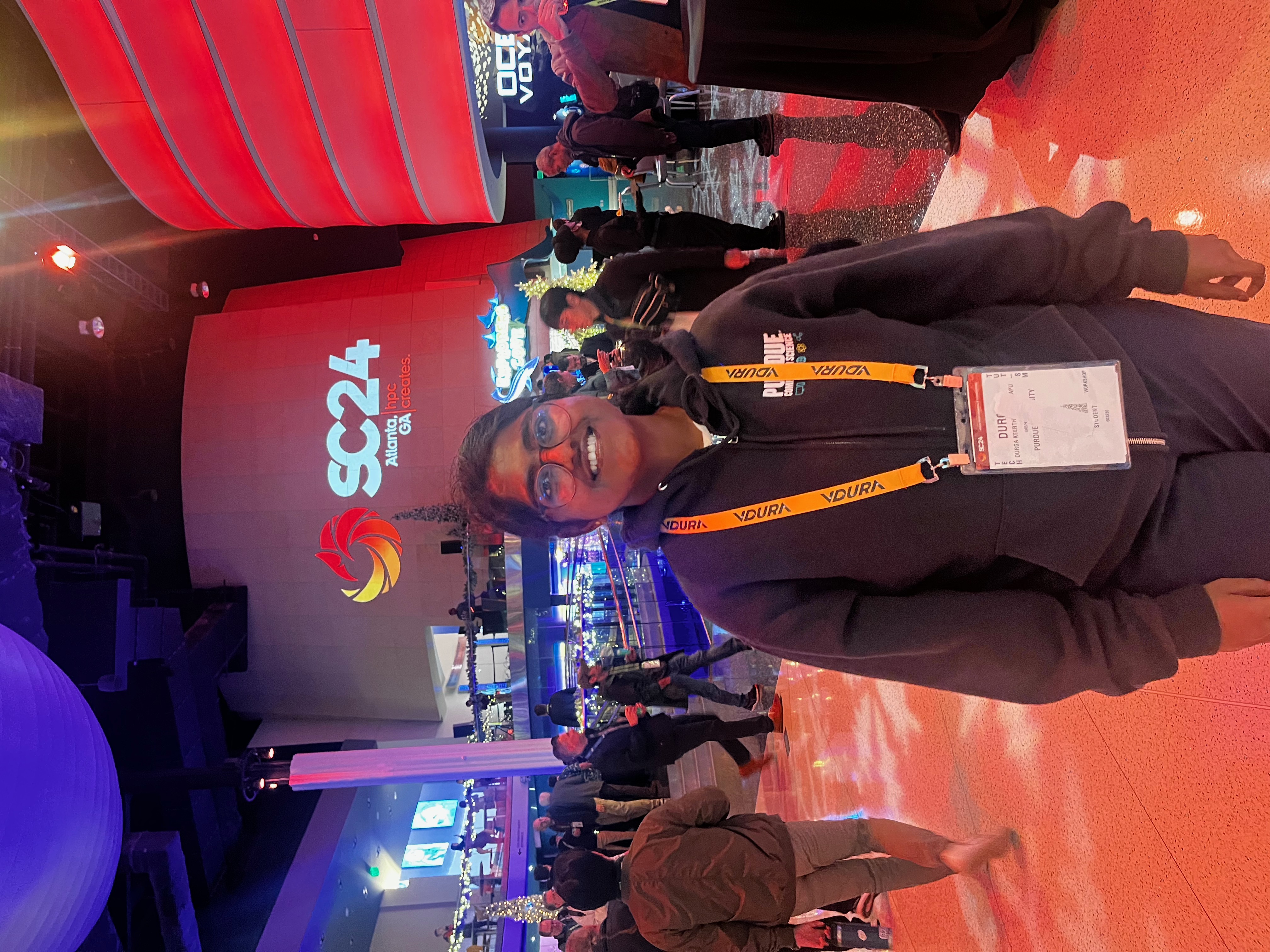
Purdue student attends SC24 conference with Women in HPC support
Purdue’s Women in High-Performance Computing (WHPC) group recently sponsored Durga Mandarapu, a doctoral student in computer science, to attend SC24, the international conference for high-performance computing, networking, storage, and analysis, whic...
-
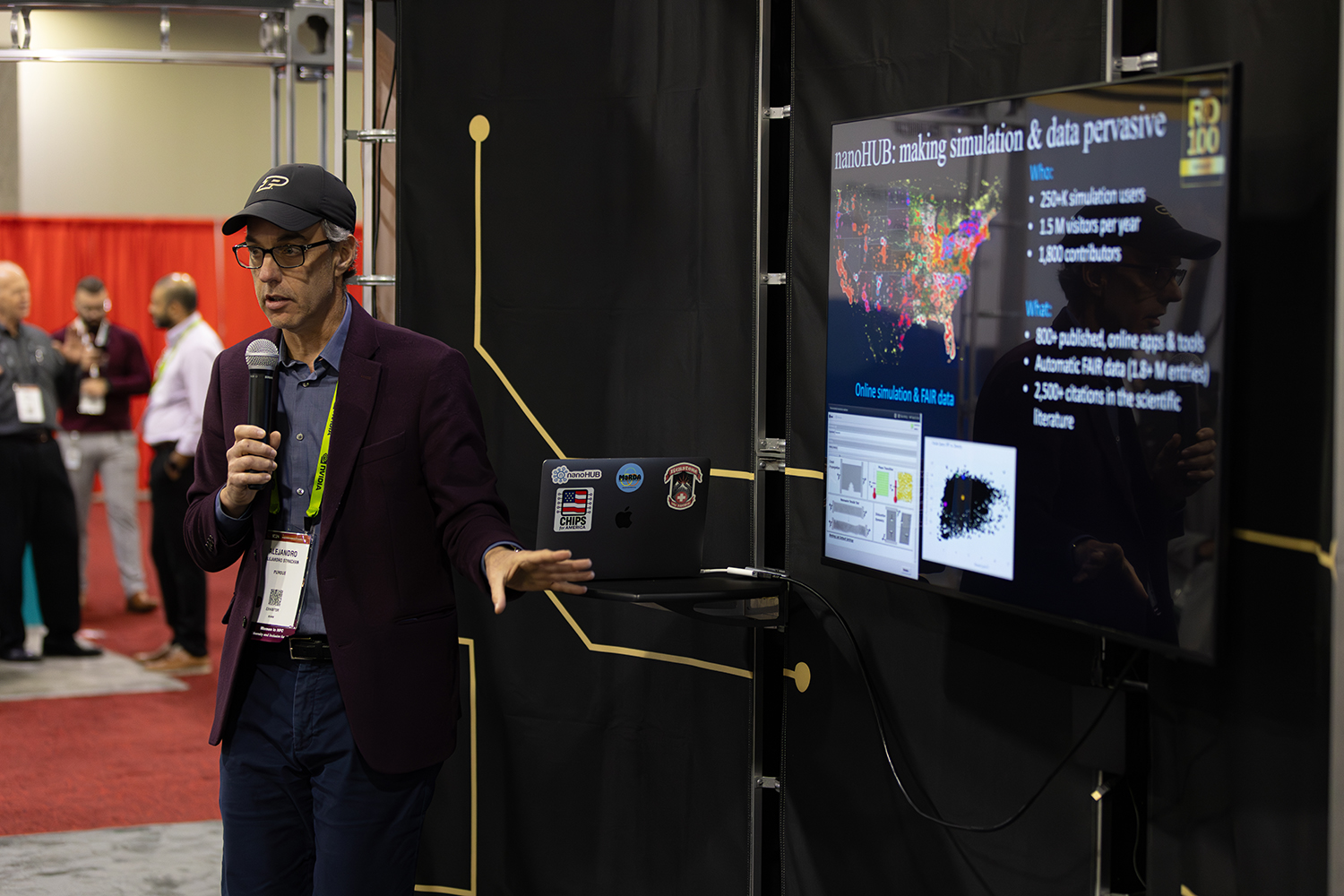
Purdue University made an impressive showing at this year’s supercomputing conference, SC24. From offering innovative presentations and workforce development opportunities to receiving major awards, Purdue’s presence at SC24 highlighted why the unive...
-
Purdue’s new Gautschi community cluster ranks 157 on list of world’s most powerful supercomputers
Purdue University’s newest community cluster Gautschi has debuted at number 157 on the Top500 list of the world’s most powerful supercomputers, which was announced this week at SC24, the International Conference for High-Performance Computing, Networ...
-
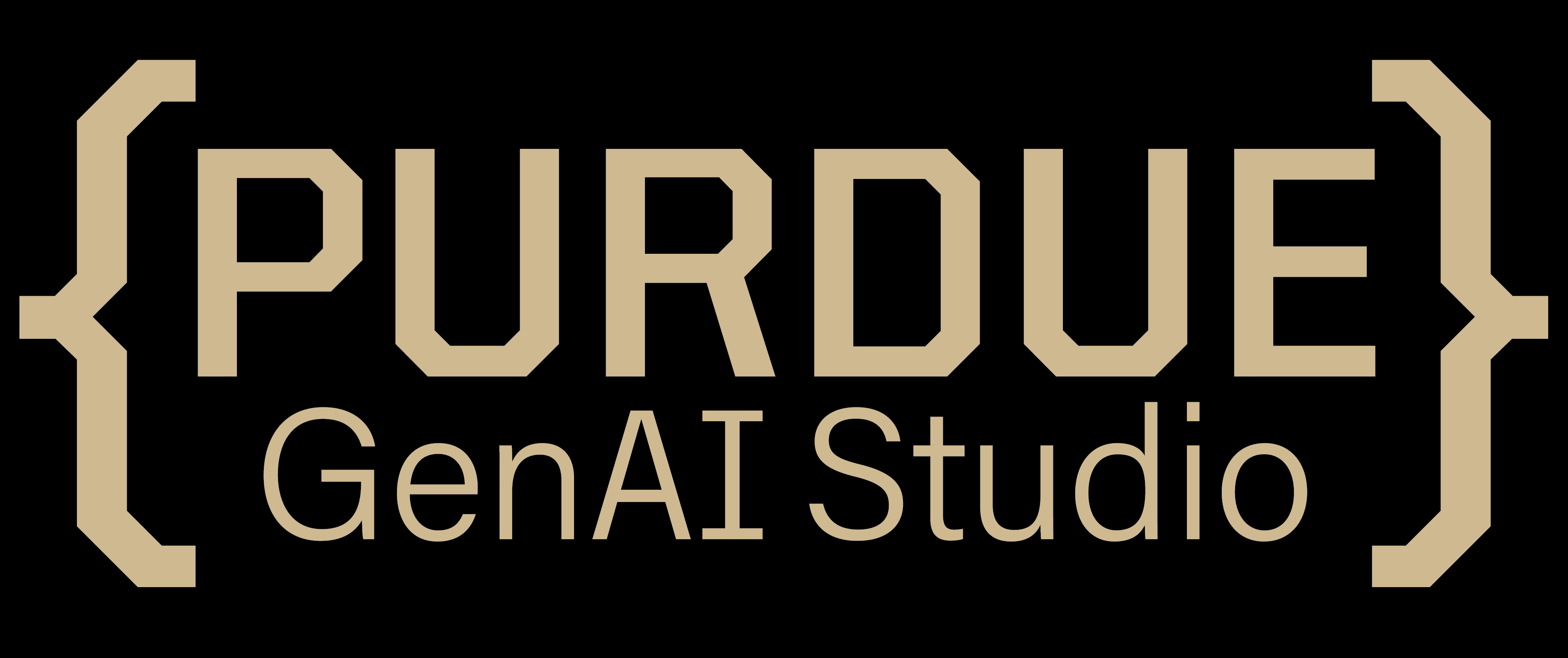
Purdue GenAI Studio, Purdue’s powerful new LLM service, now available
In collaboration with the Institute for Physical AI (IPAI), Purdue University’s Rosen Center for Advanced Computing (RCAC) now offers a powerful new feature in its artificial intelligence software services—Purdue GenAI Studio. Purdue GenAI Studio is...
-
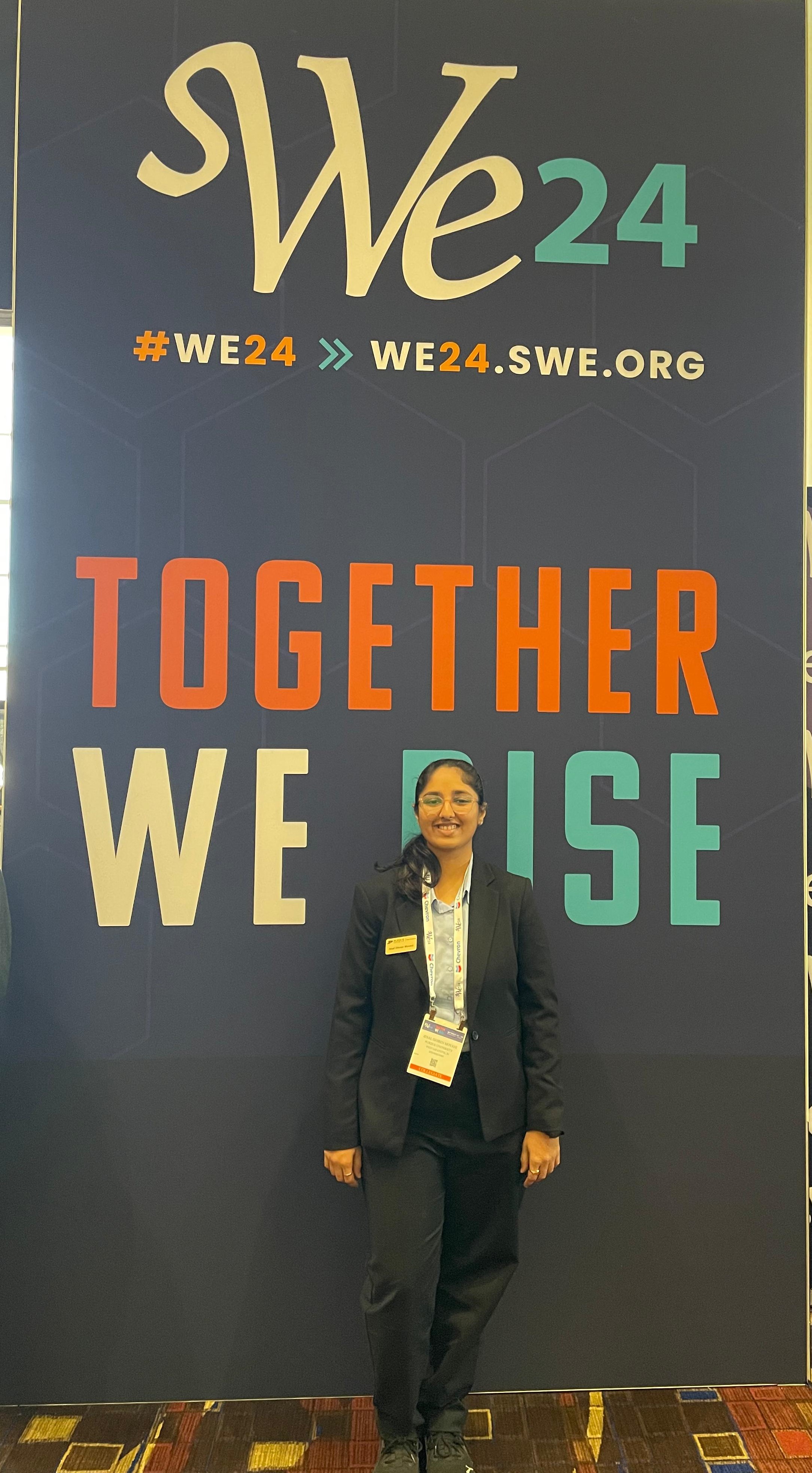
Women in HPC sponsors student attendance at Society of Women Engineers conference
Purdue’s Women in High-Performance Computing (WHPC) group sponsored a student to attend the 2024 Society of Women Engineers (SWE) annual conference, WE24, which took place in Chicago in October. The Society of Women Engineers has been an advocate for...
-
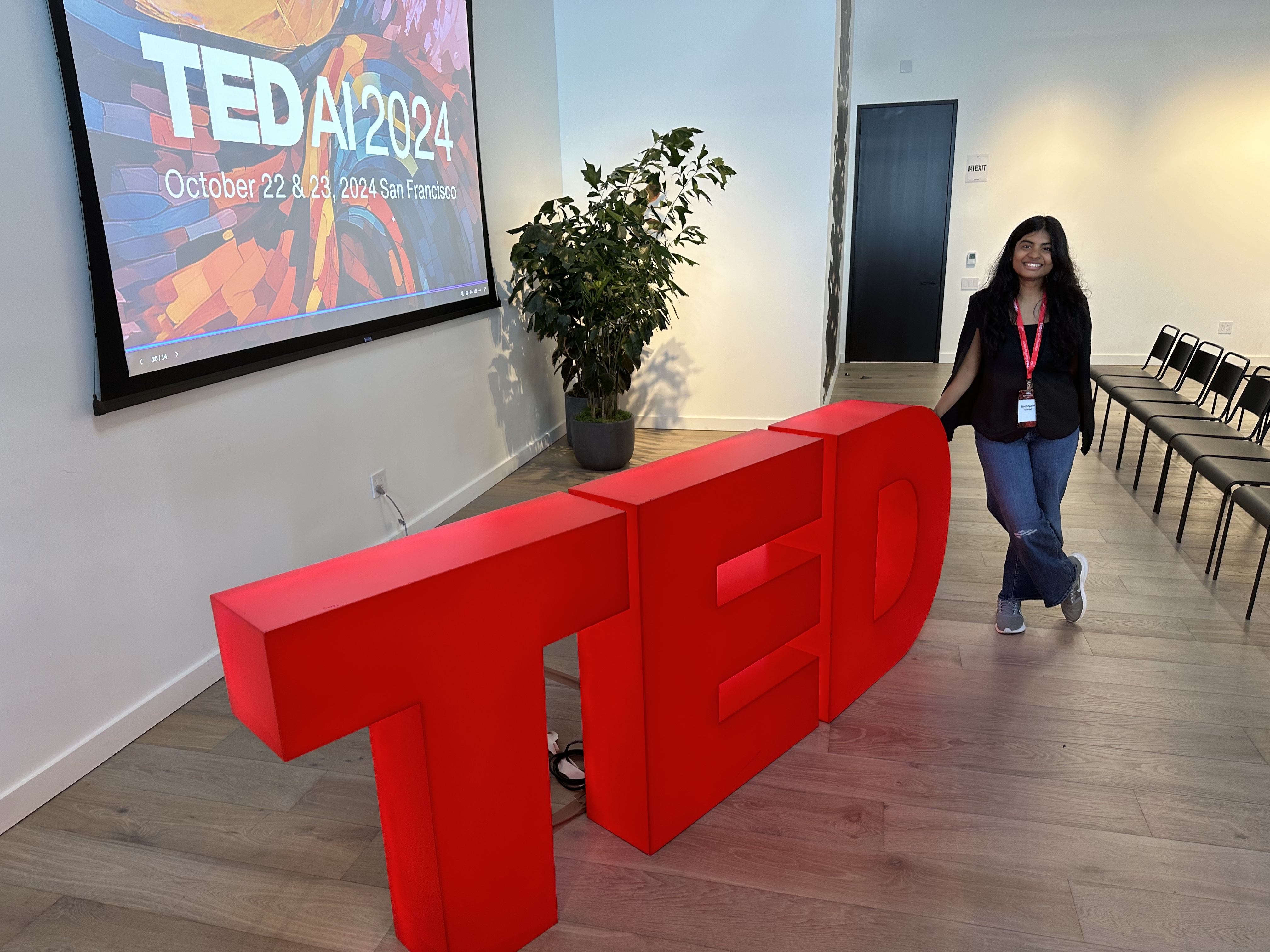
Purdue student attends TEDAI 2024 conference with Women in HPC support
Purdue’s Women in High-Performance Computing (WHPC) group recently sponsored a student to attend TEDAI 2024, a conference about the impact and power of AI that took place in San Francisco last month. Tanvi Kadari, a master’s student in engineering ma...
-
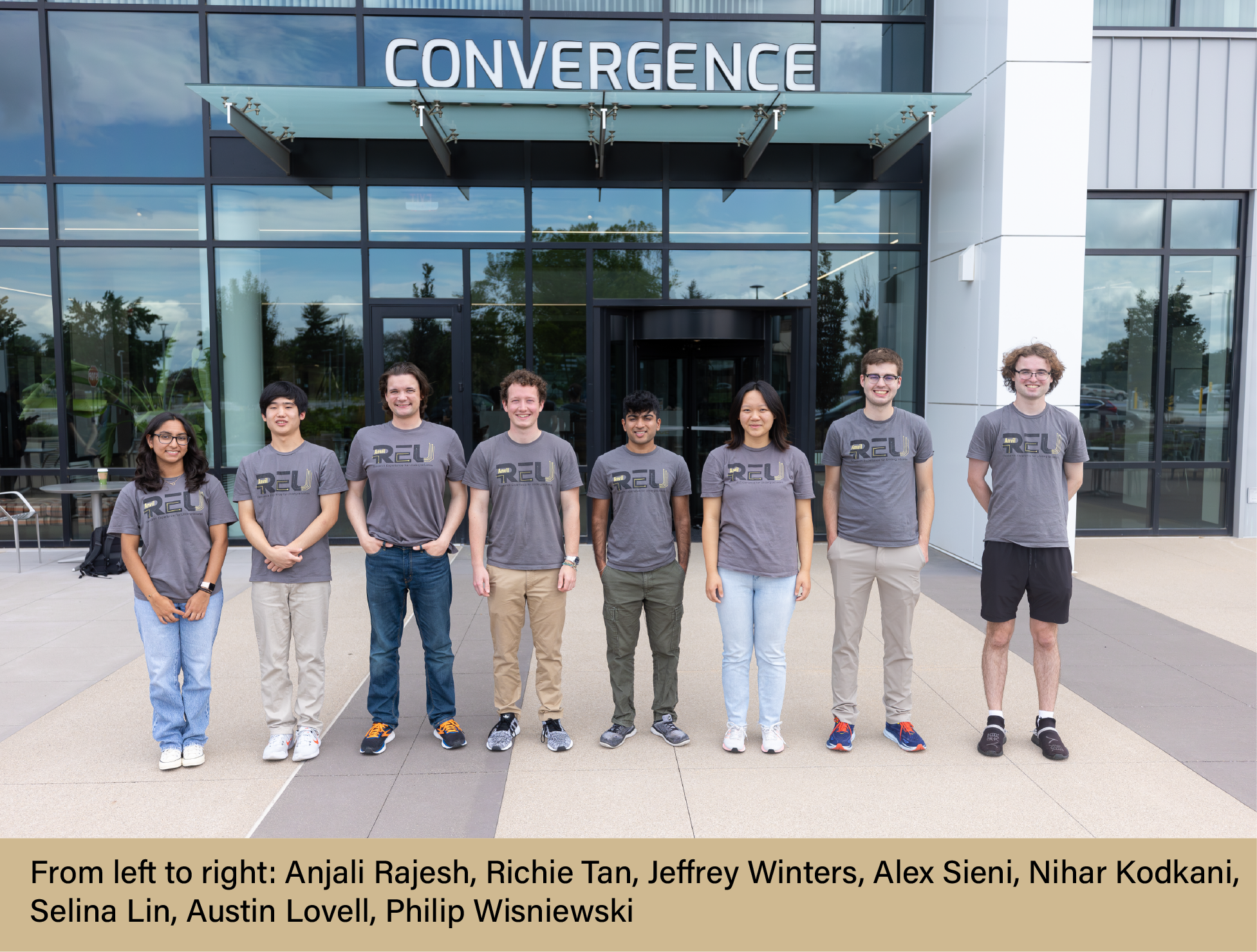
RCAC successfully hosts third Anvil REU Summer program
Over the summer, the Rosen Center for Advanced Computing (RCAC) hosted its third annual 11-week hands-on internship, the Anvil Research Experience for Undergraduates (REU) Summer 2024 program. Eight students from across the nation gathered at Purdue’...
-
Purdue gains new AI capabilities with the addition of new Gautschi community cluster
Purdue’s community cluster program has been used by researchers from all Purdue academic departments, which demonstrates not only how integral computing and data are to cutting-edge research, but also how accessible RCAC resources are. The successful...
-
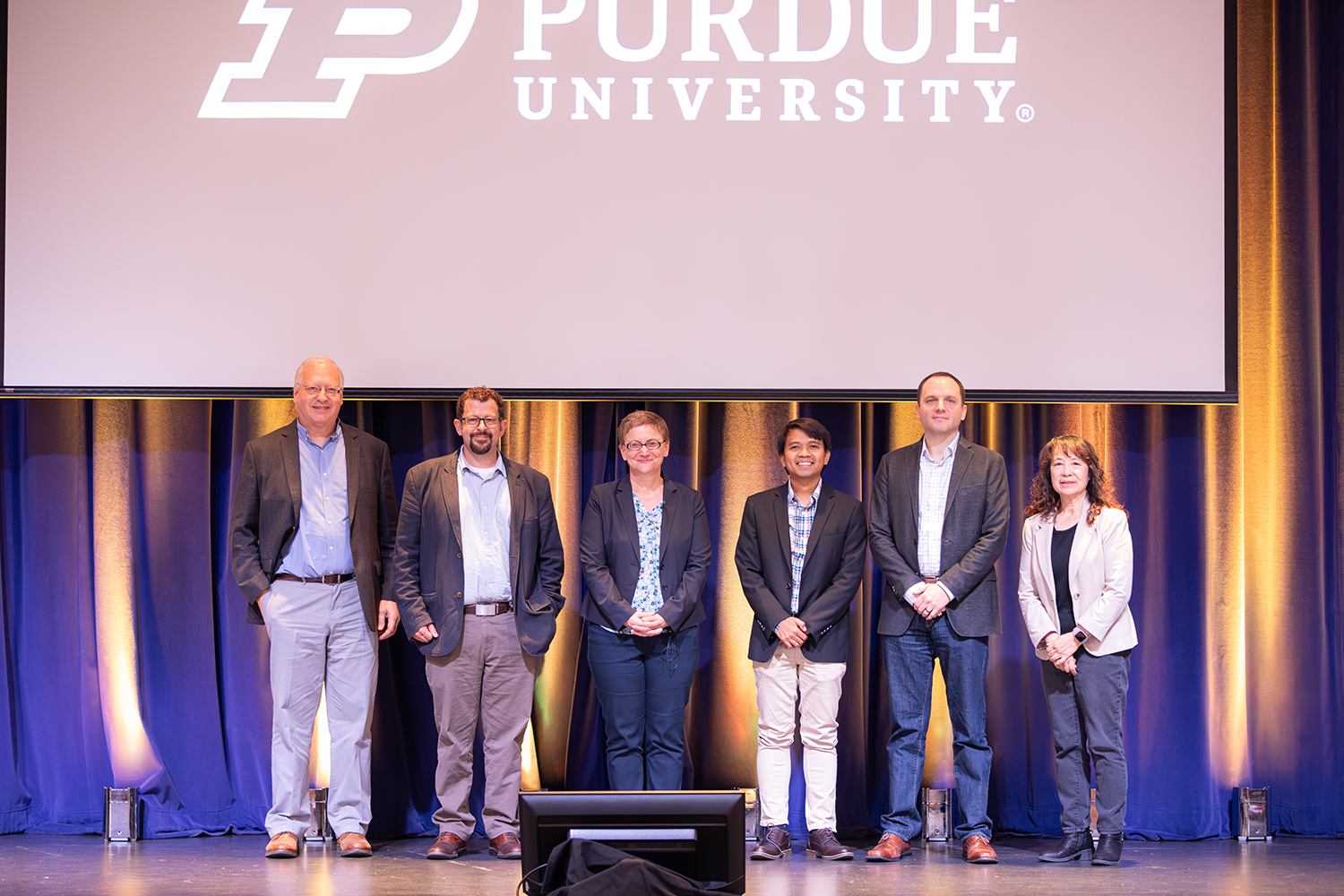
Third annual Cyberinfrastructure Symposium hosted by RCAC
Last month, the Rosen Center for Advanced Computing (RCAC) successfully hosted its third annual cyberinfrastructure (CI) symposium. This year’s symposium focused on the role that high-performance computing (HPC), artificial intelligence (AI), and sem...
-
Women in HPC sponsors student attendance at 2024 Grace Hopper Celebration
Purdue’s Women in High-Performance Computing (WHPC) group recently sponsored three women students to attend the 2024 Grace Hopper Celebration (GHC) of Women in Computing, which took place in Philadelphia earlier this month. “Grace Hopper was an incre...
-
Oct. 22 RCAC Cyberinfrastructure Symposium to feature ACM distinguished scientist as keynote speaker
The Rosen Center for Advanced Computing (RCAC) is excited to host its third annual Cyberinfrastructure Symposium in Fowler Hall on Oct. 22, which will spotlight the role of high-performance computing (HPC), AI and semiconductors in scientific advance...
-
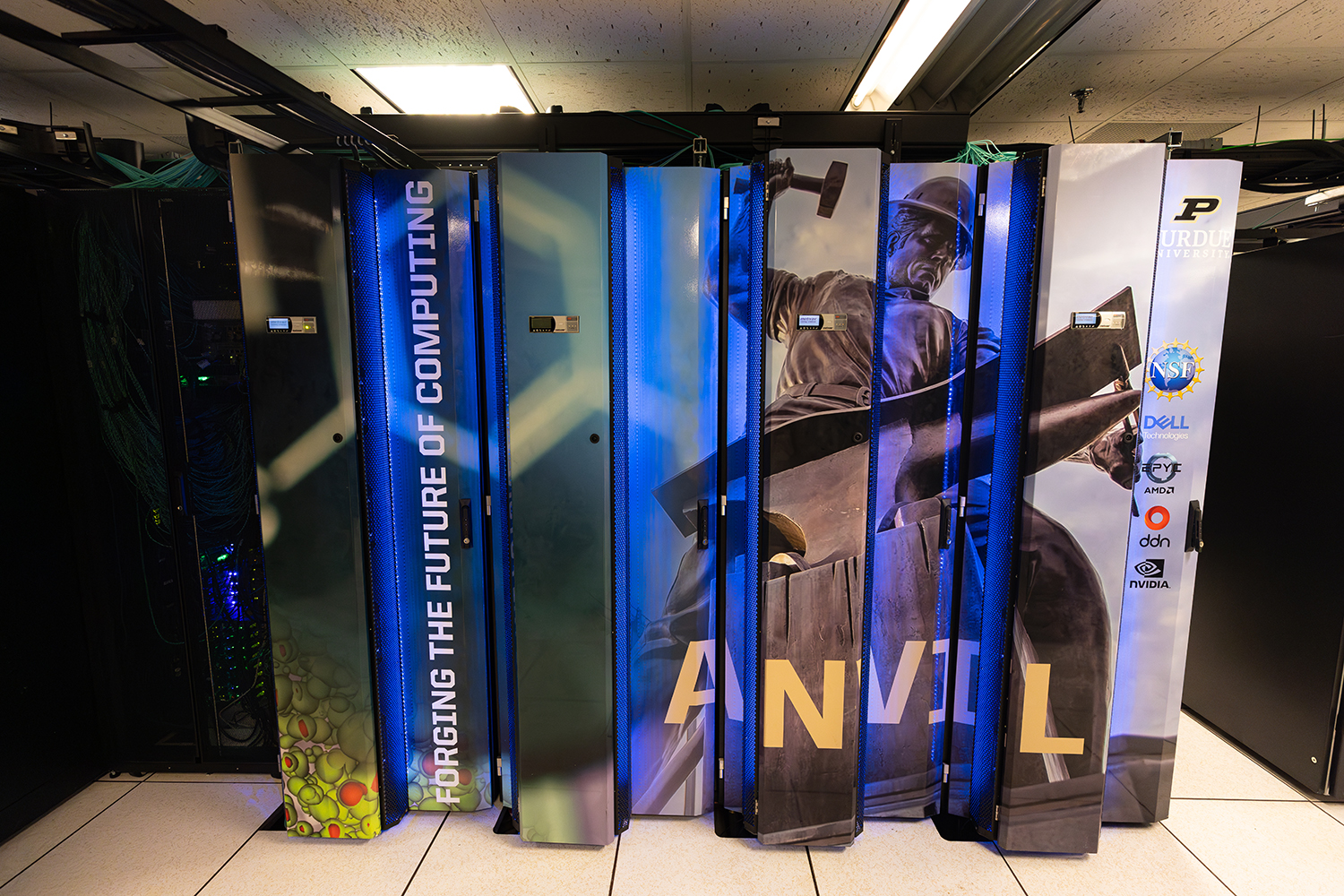
NAIRR Pilot proves to be successful in delivering resources to AI researchers
Earlier this year, the National Science Foundation (NSF) launched the National Artificial Intelligence Research Resource (NAIRR) Pilot to demonstrate the NAIRR concept and advance its primary goals of spurring innovation, increasing diversity of tale...
-
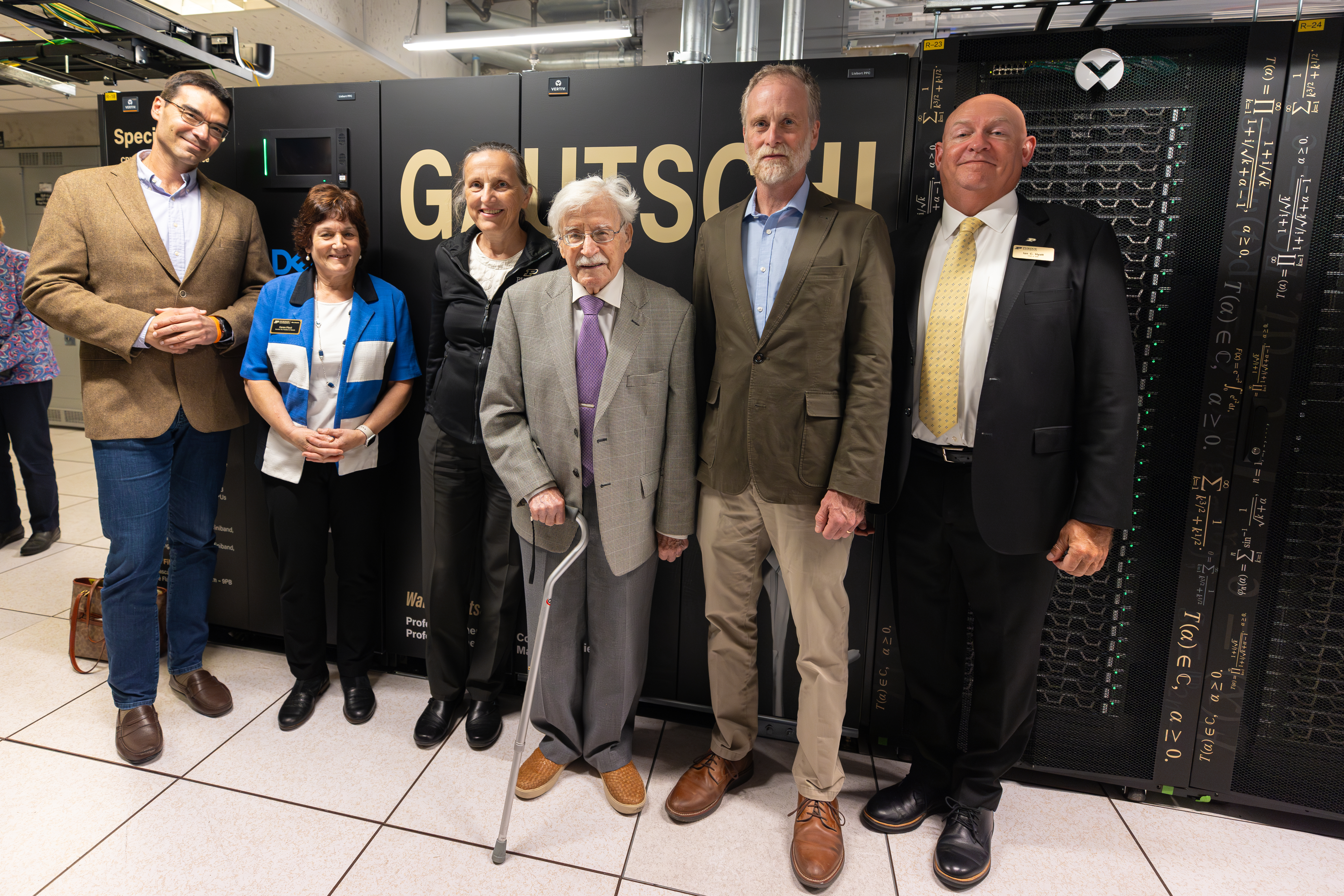
The Gautschi supercomputer unveiled in dedication ceremony
Last week, the Rosen Center for Advanced Computing (RCAC) held a dedication ceremony for its newest community cluster, Gautschi. The Gautschi supercomputer is eponymously named in honor of Walter Gautschi, Professor Emeritus of Computer Science and P...
-
High school student learns HPC with Anvil
Last Spring, under the guidance of PhD student Anastasia Neuman, a high schooler completed her senior capstone project by conducting research utilizing Purdue University’s Anvil supercomputer. The pair used Anvil to run simulations elucidating the th...
-

RCAC receives NASA grant to elucidate the effects of wildfires on water systems
Purdue University’s Rosen Center for Advanced Computing (RCAC) is part of a major NASA grant awarded to develop a new Cyberinfrastructure (CI) tool for post-fire water management and decision-making. This tool, named HydroFlame, will allow researcher...
-
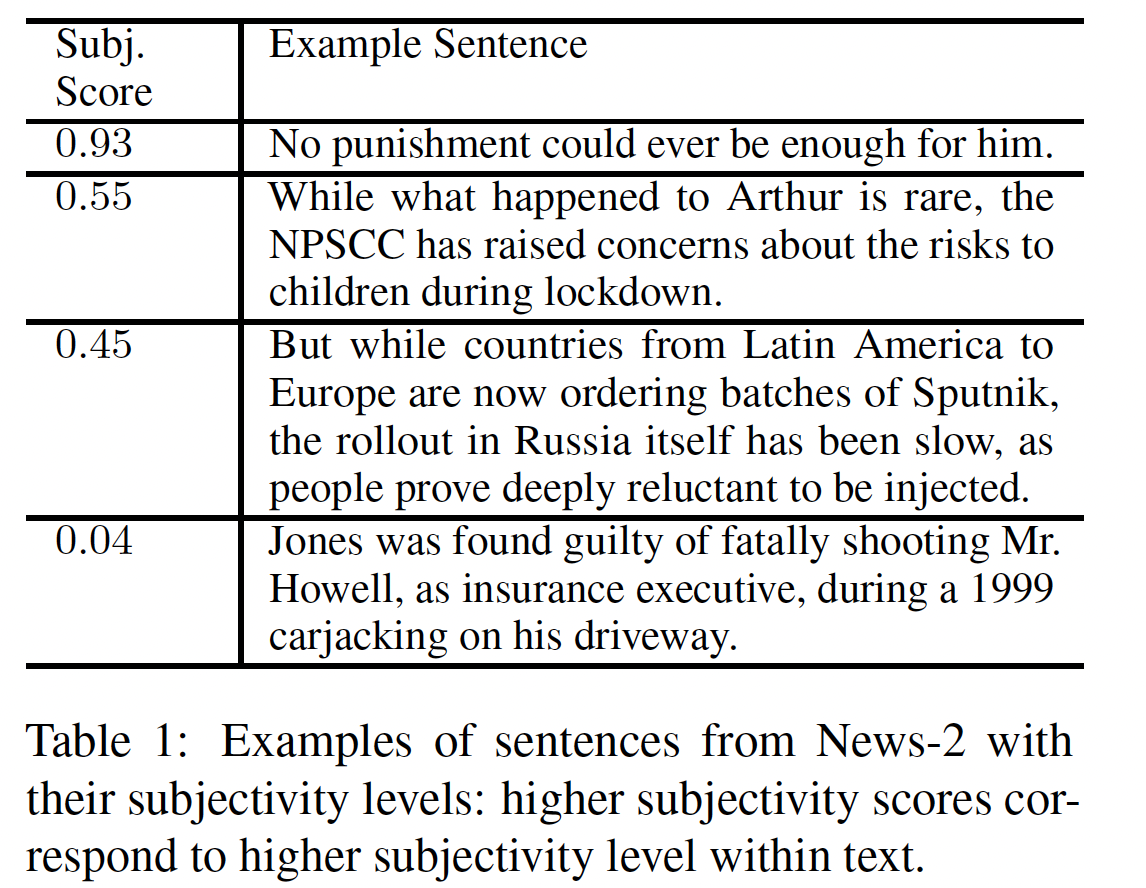
Researchers use Anvil supercomputer to help detect manipulation in media
In our world of 24-hour news cycles and social media reporting, the amount of information we receive daily has reached astounding levels. Never before has information exchange flowed so freely, nor so quickly, with news from anywhere in the world ava...
-
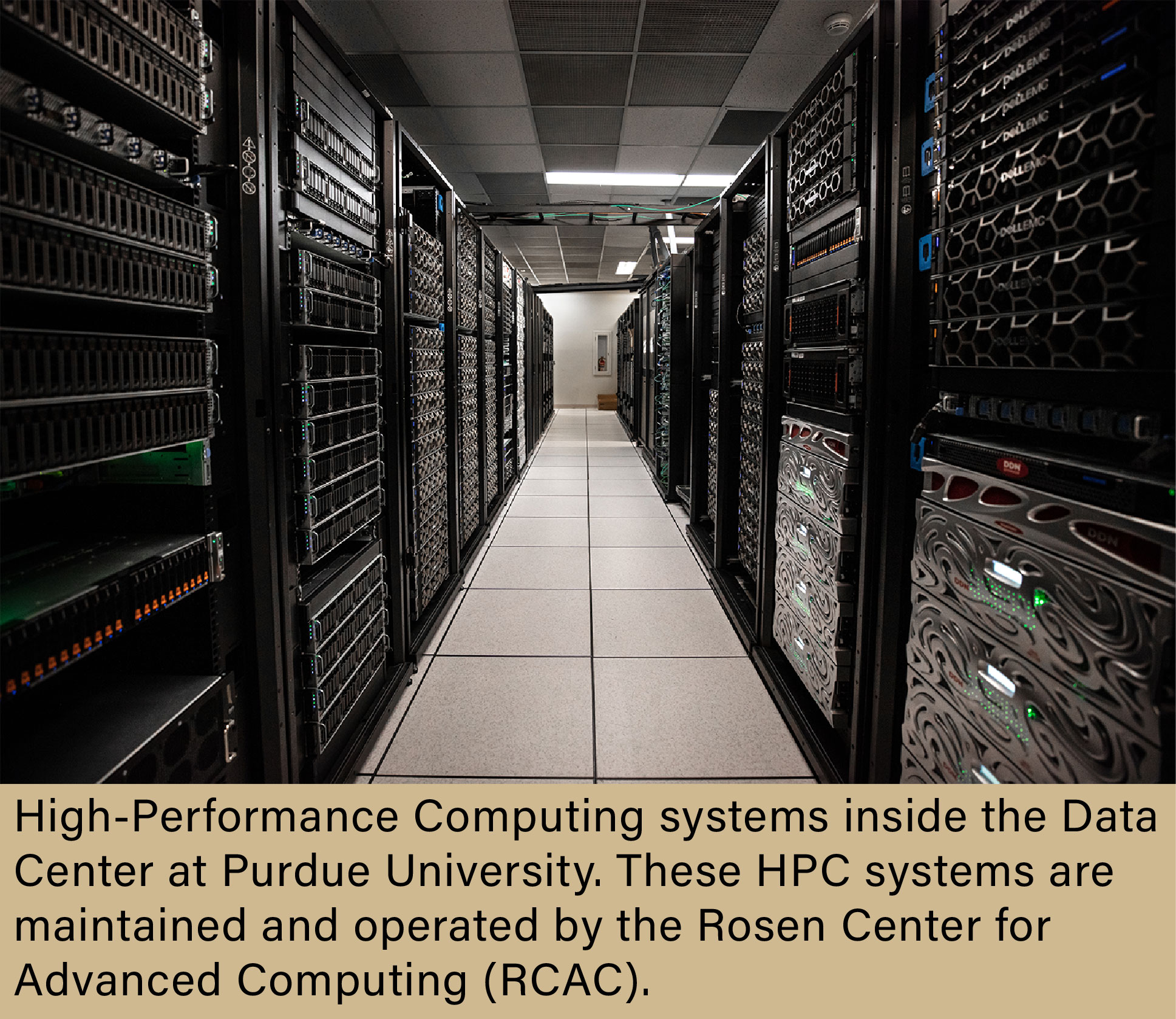
New Protected Data Filesystem is available at RCAC
The Rosen Center for Advanced Computing (RCAC) announces new capabilities to enable scientific computing with protected, life science data within the community cluster program. Interim CIO Christian Theumer stated that Purdue IT invested in life scie...
-
Purdue co-hosts “Building and Maintaining Supportive Communities for Women in HPC” event
Purdue’s Women in High-Performance Computing (WHPC) group, which is part of a broader engagement initiative by the Rosen Center for Advanced Computing (RCAC), co-hosted a workshop on Sept. 3 organized by the Virginia WHPC chapter about current challe...

